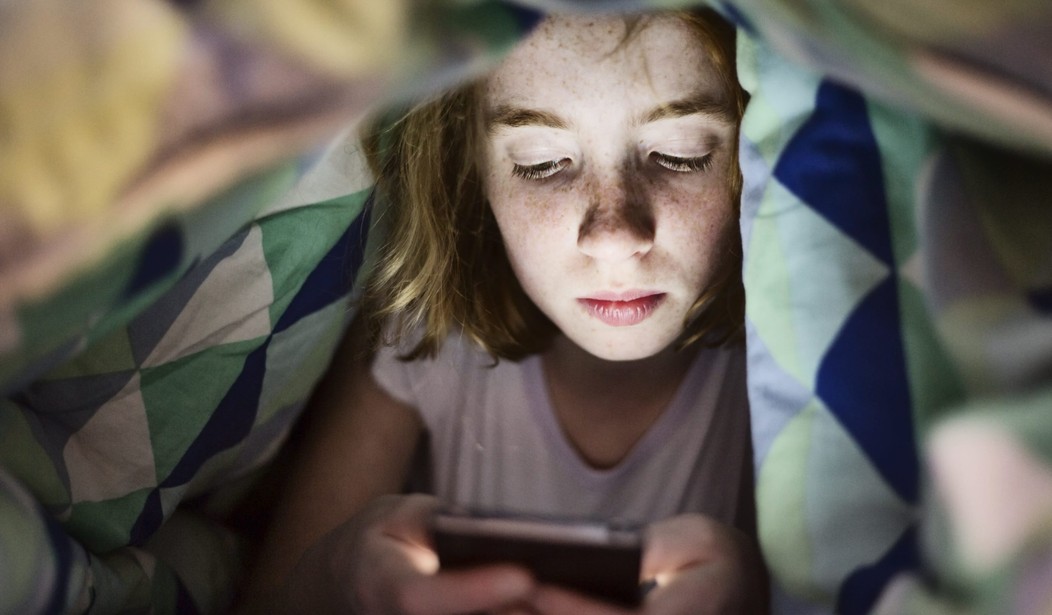If you have had to go to battle with your children over their social media and mobile device usage, your job might have been made more difficult by Facebook’s recent launch of the free Messenger Kids app, aimed specifically at children under the age of 13.
The social media giant has said that the new app will be free of advertising and that parents are always in control of their children’s activity. It says that the app will allow children to chat and communicate with friends and family who are far away, and will allow young adolescents who have otherwise lied about their age to create accounts on regular Facebook, Instagram, and Snapchat to have a platform just for them. But according to AP News, “[a] group of 100 experts, advocates and parenting organizations is contesting Facebook’s claims of filling a need.”
There has been extensive research on the harmful effects of social media usage by children and adolescents. Many feel that Facebook’s move to offer an online chat option for an age group that should be solely focused on physical play and real interactions is dangerous. In a letter to Facebook, Campaign for a Commercial-Free Childhood (which is a group consisting of doctors, psychologists, and educators) urged Facebook CEO Mark Zuckerberg to shut down the app. It read, in part:
At a time when there is mounting concern about how social media use affects adolescents’ well-being, it is particularly irresponsible to encourage children as young as preschoolers to start using a Facebook product. Social media use by teens is linked to significantly higher rates of depression, and adolescents who spend an hour a day chatting on social networks report less satisfaction with nearly every aspect of their lives…Already, adolescents report difficulty moderating their own social media use…Almost half of parents say that regulating their child’s screen time is a constant battle. Messenger Kids will exacerbate this problem, as the anticipation of friends’ responses will be a powerful incentive for children to check – and stay on – a phone or tablet.
Another main concern is that children will become hooked on Messenger Kids and will naturally transition to regular Facebook when they are old enough. By introducing this app to an extremely young population, Facebook is already creating its next crop of users — users who are too immature and underdeveloped to understand how online interactions work and how they are different from those in the real world.









Join the conversation as a VIP Member